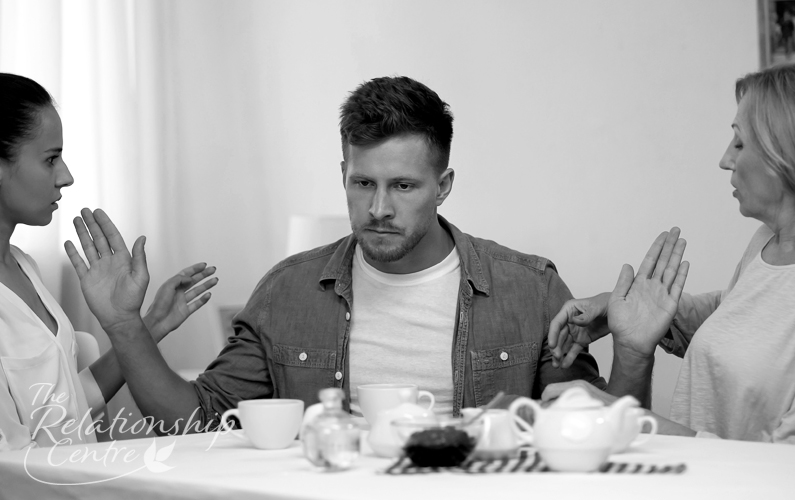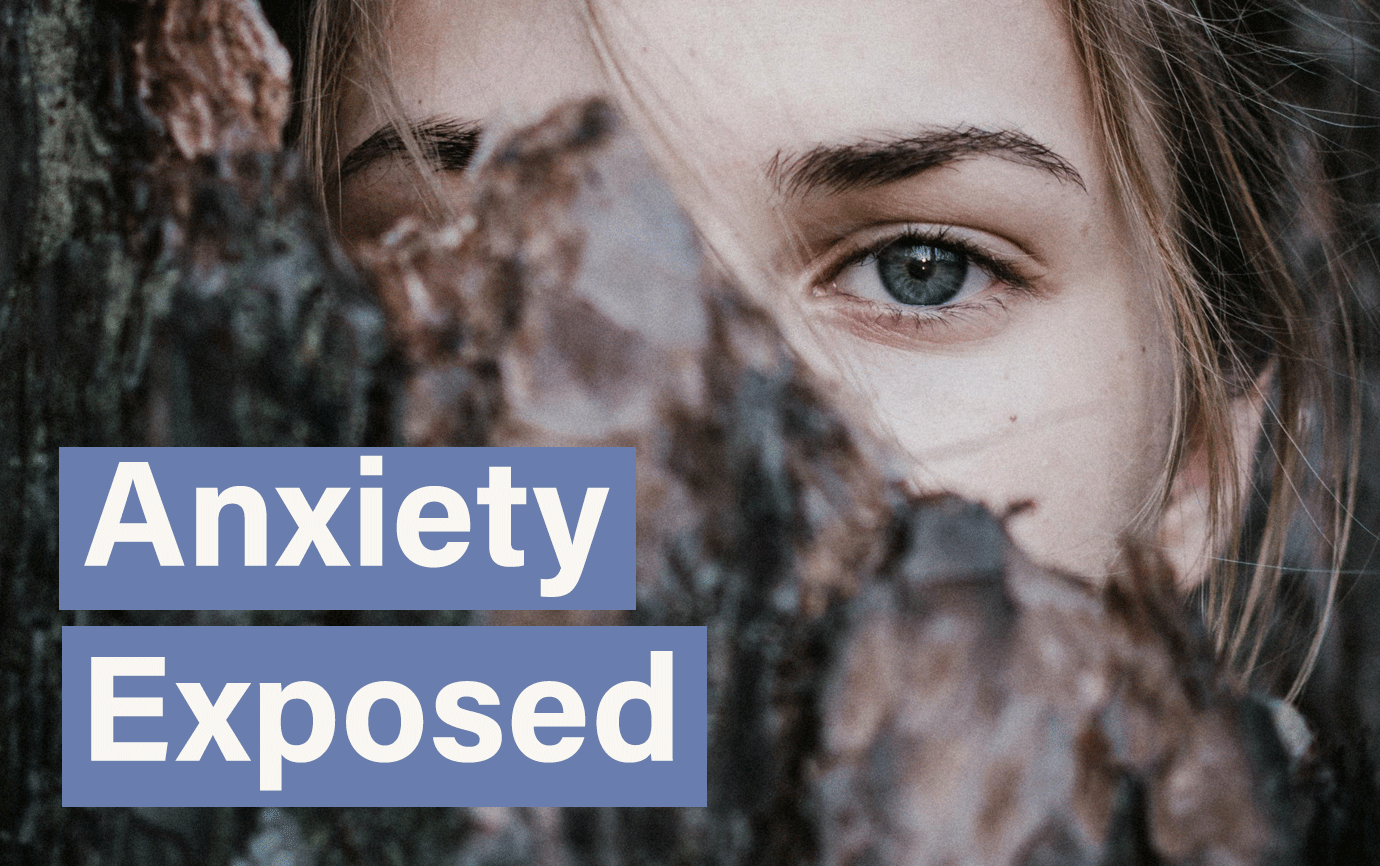One question some couples in intimate relationships wonder are, “Am I in a narcissistic relationship?” You might be surprised that the answer is always “yes!” Everyone in a romantic bond is in a narcissistic relationship. In fact, every relationship you take part in whether with a family member, friend or co-worker exhibits traits of narcissism too.
Since we all focus on ourselves in unhealthy ways at times, we’re all at least a bit narcissistic. Each of us falls somewhere on the narcissism spectrum. Some of us are very low in self-focused qualities while others are pretty high. The rest of us fall somewhere in between.
Our culture tends to view narcissism as something you either have or you don’t. Generally, when someone calls a person narcissistic, they mean that the individual displays higher and unhealthy self-focused behaviours than most others do. When a partner in a romantic relationship is on the higher end of the narcissism spectrum, it will inevitably cause challenges in that bond.
When is Narcissism a Problem in Significant-Other Relationships?
Narcissism becomes an issue when self-centeredness leads to an in-balance in the relationship where one partner’s needs are ignored and neglected. And the opportunity for collaboration and working together as a team doesn’t exist. Again, this happens from time to time in many intimate relationships. But when the obsession with the self of one or both partners is extreme enough, significant, and ongoing relationship problems take place. In the worst cases, this leads to narcissistic abuse in relationships. Often, it’s just a matter of time before these relationships irreversibly break down.
Those highest in narcissistic traits may be diagnosed with narcissistic personality disorder (NPD). Clinical narcissism is more common in men but can exist in any gender. There are likely many individuals out there who meet the criteria for NPD but never get diagnosed. It’s not generally a diagnosis people seek out! Instead, it’s usually found when someone gets help for other challenges such as anxiety, depression or substance use. Let’s take a look at what NPD entails.
What is Narcissistic Personality Disorder?
Psychology Today defines narcissism as follows: “Grandiosity, a lack of empathy for other people, and a need for admiration. People with this condition are frequently described as arrogant, self-centred, manipulative, and demanding. They may also have grandiose fantasies and may be convinced that they deserve special treatment.”
It takes a high level of narcissistic traits to receive the mental health diagnosis of NPD. Narcissistic qualities can cause significant relationship problems even if a partner doesn’t have an extreme enough case to receive an NPD diagnosis.
Many people can display some of the diagnostic criteria at some point in their lives, and that doesn’t by itself merit clinical narcissism. For individuals with NPD, however, all or most of these traits are an ongoing and regular occurrence.
Signs of Narcissistic Abuse in a Relationship
Before going further, it’s important to note that having a partner diagnosed with a narcissistic personality disorder doesn’t necessarily guarantee concerning levels of narcissistic abuse. In the same way, if your partner doesn’t have an NPD diagnosis, you still may go through significant levels of narcissistic abuse.
If you’re concerned that you could be experiencing narcissistic abuse in a relationship, here are some signs to consider. Also, research common narcissistic traits you may notice. But what follows is more focused on how you may be feeling. It will describe how narcissistic behaviours could negatively affect you. One or a few signs don’t guarantee that high levels of narcissistic abuse are taking place. But if you notice that all or most of these match up, please pay attention.
Feeling Isolated: When you’re in an abusive relationship with a narcissist, you may feel like you’re all alone. Narcissistic abusers prefer to isolate their partners from others and make them feel unworthy of anyone. You’re then easy supply for them to feed their cravings for self-importance while keeping their fragile underlying self-esteem “safe.” By keeping you down and disconnected, they feel more valuable or worthy. They find their perceived value by devaluing you.
Double Standards: You may not be able to have friends, but your partner can. You may not be able to interact with the opposite sex, but your partner can. It may feel like your entire relationship is just one giant contradicting the double standard. The air of superiority you feel from your partner can make you feel like you’re below your partner.
Increased Depression or Anxiety: There’s a common saying that goes, “People may forget what you say, but they’ll never forget how you made them feel.” To that end, how do you feel while in your relationship? Although not a stand-alone indicator, if you feel a spike in sadness or anxiety after entering a new relationship, that could indicate narcissistic abuse.
Perfection Shattered: All of our relationships fail to live up to the “fairy tale” we may have hoped for to an extent. But perhaps your perfection narrative wasn’t just a little off after getting further into the relationship, but instead, felt completely shattered. Narcissistic abusers are good at portraying a flawless image to the public eye but can only keep that up so long in an ongoing relationship. You may notice two vastly conflicting “selves” in your partner? The “perfect” self still exists in public, but the private one seems more like a nightmare to you.
Verbal Abuse: You may be called fat, lazy, stupid or any number of other hurtful words. Over time you can struggle to make decisions for yourself because of the constant criticism. You also begin to feel like everything is your fault because your partner rarely, if ever, takes personal responsibility, shifting the blame to you instead. In time, you struggle to recognize the once happy and confident person you were before the relationship began. It’s like you’re a shell of what you once were.
Trouble Setting Boundaries: Narcissistic abusers are by nature boundary breakers, whether that means being unfaithful or not respecting your wishes in many other ways. If you eventually end a relationship with a narcissist and have no contact, you’ll likely have your boundaries challenged in every possible way. They expect you to fail at keeping firm limits because that’s how they “trained” you to be in the relationship.
Infidelity: Physical and emotional affairs, in and of themselves, do not guarantee ongoing narcissistic abuse, but they can be a potential indicator. Some narcissists cheat pretty regularly. Ironically, they often are intensely jealous of their partner at the same time. They may try to monitor your cell phone or social media out of fear you’re straying but won’t allow you to do the same. They may also blame you for having an affair when you haven’t, projecting their acts of infidelity onto you. Again, you can see the double standards at work here.
No One Believes You: Your narcissistic partner may portray such a perfect image to the outside world that everyone immediately likes them. Others can’t see through the act and, therefore, feel like you’re being difficult or making up problems. Along with this, your narcissistic abuser may badmouth you to your friends and family. That can cause them to dismiss your concerns, further adding to your feelings of isolation and hopelessness.
Gaslighting: This manipulation tactic can dupe just about anyone without the proper knowledge. Gaslighting is a favourite tactic of some narcissistic abusers in a relationship. It’s used to make victims doubt their reality and be more easily controlled and causes significant harm to those who experience it. That’s why it’s critical to understand how to deal with gaslighting in intimate relationships and warning signs to know.
Does the Prospect of Being in a Narcissistic Relationship Concern You?
If so, there are several steps you can take, including seeking out therapy to help you through this process. Narcissistic abuse can cause significant emotional damage, especially in intimate relationships. In our next article , we’ll discuss how to cope with narcissistic abuse in a relationship.
Would you like to learn more about how The Relationship Centre can assist you? Please feel free to contact us or schedule an appointment. We look forward to meeting you!










